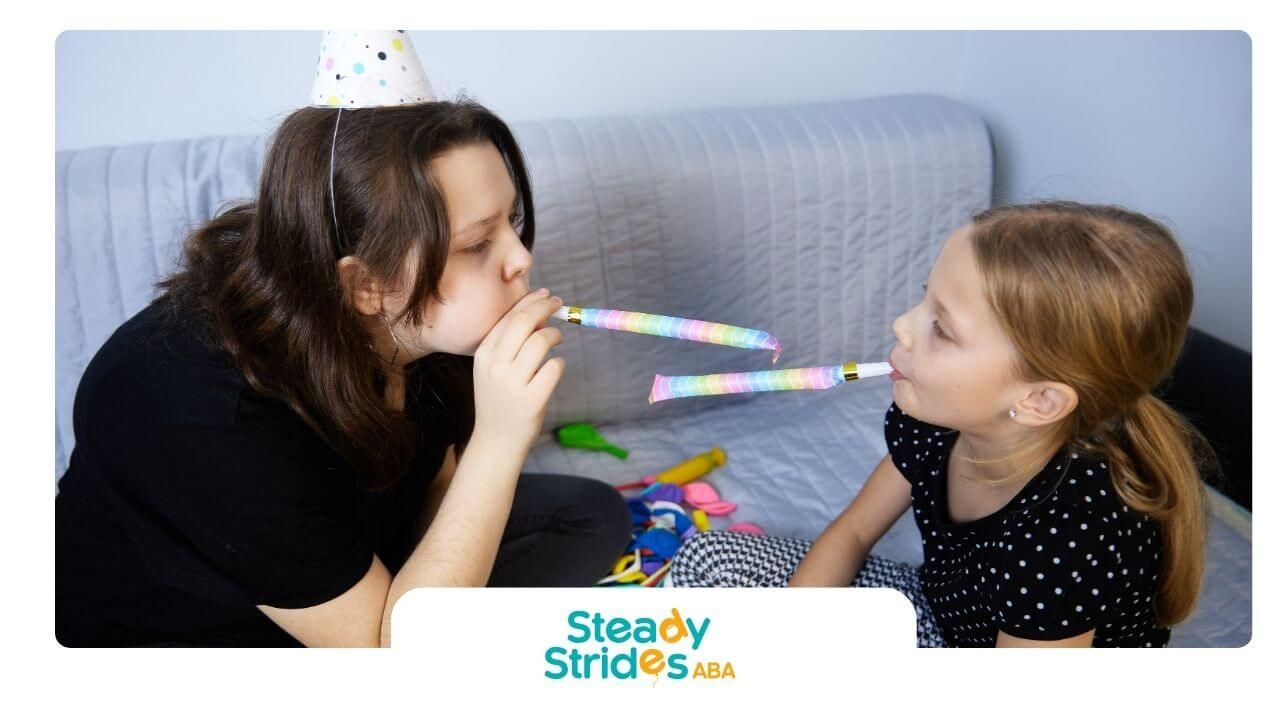Speech delay and autism can look similar in young children, but they are not the same. A child with a speech delay may struggle with forming words or using language at the expected age, yet still engage socially and respond to others. Autism, on the other hand, involves more than just language—it often affects how a child communicates, interacts, and behaves.
Children with autism may not respond to their name, avoid eye contact, or have trouble with social cues, in addition to delayed speech. They might also show repetitive behaviors or intense focus on specific interests. In contrast, a child with a simple speech delay may be socially curious, emotionally responsive, and eager to communicate in non-verbal ways.
Understanding the difference is key for early support. A speech-language pathologist or developmental pediatrician can provide assessments to identify the root cause of delays. At Steady Strides ABA, we specialize in early intervention strategies that address both language development and broader communication skills.
If you’re unsure whether your child’s speech delay is part of a larger concern, getting an early evaluation can make a big difference. The sooner support begins, the better the outcomes for your child’s growth and development.
Frequently Asked Questions
Can a speech delay mean my child has autism?
Not always. Speech delay can occur on its own or as part of autism. An evaluation helps determine the cause.
How is speech delay different from autism?
Speech delay affects language development, while autism includes broader challenges in communication, behavior, and social interaction.
When should I be concerned about delayed speech?
If your child isn’t speaking by 18–24 months or shows limited social engagement, consult a developmental specialist.
Sources:
https://www.autismparentingmagazine.com/speech-delay-vs-autism/
https://www.nhs.uk/conditions/autism/signs/children/
https://kidshealth.org/en/parents/not-talk.html













